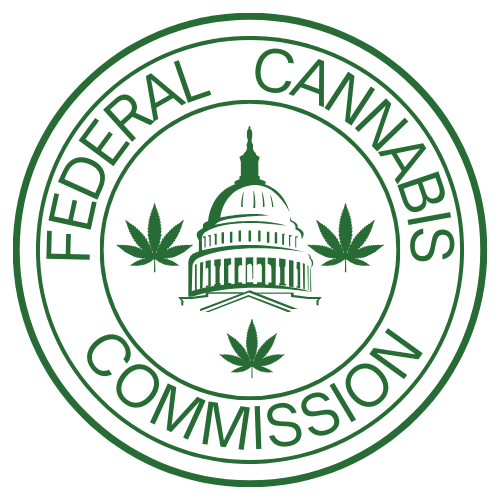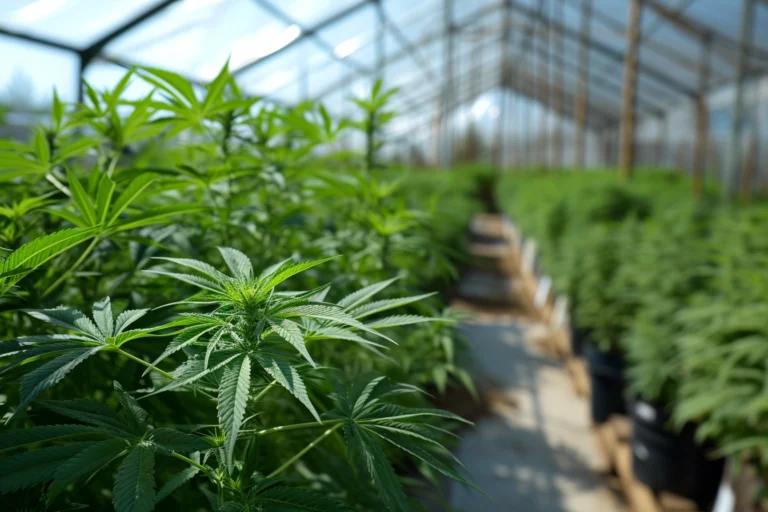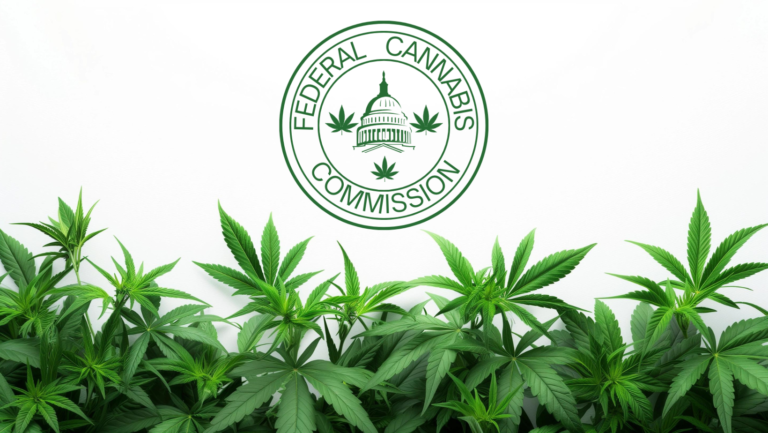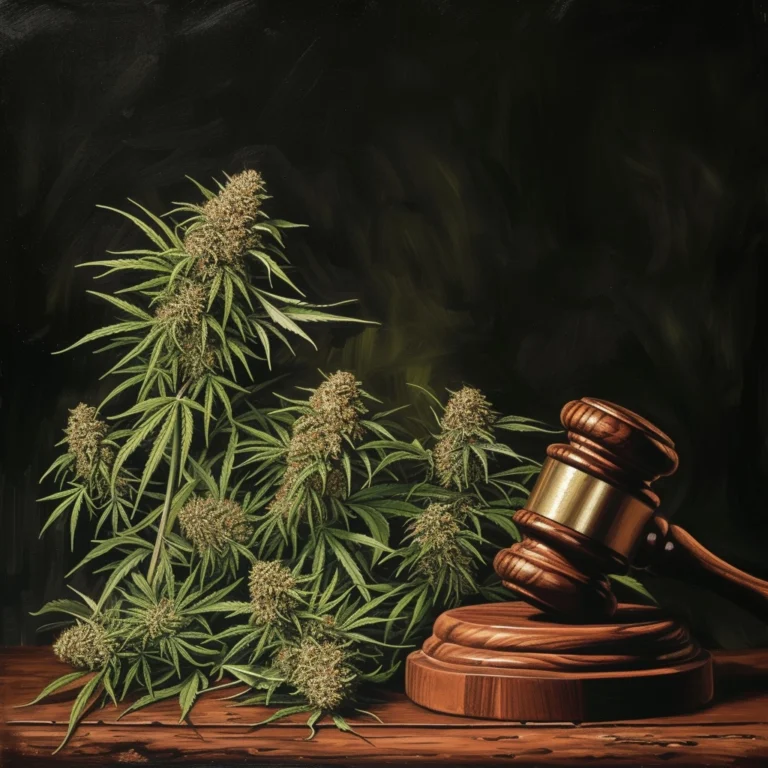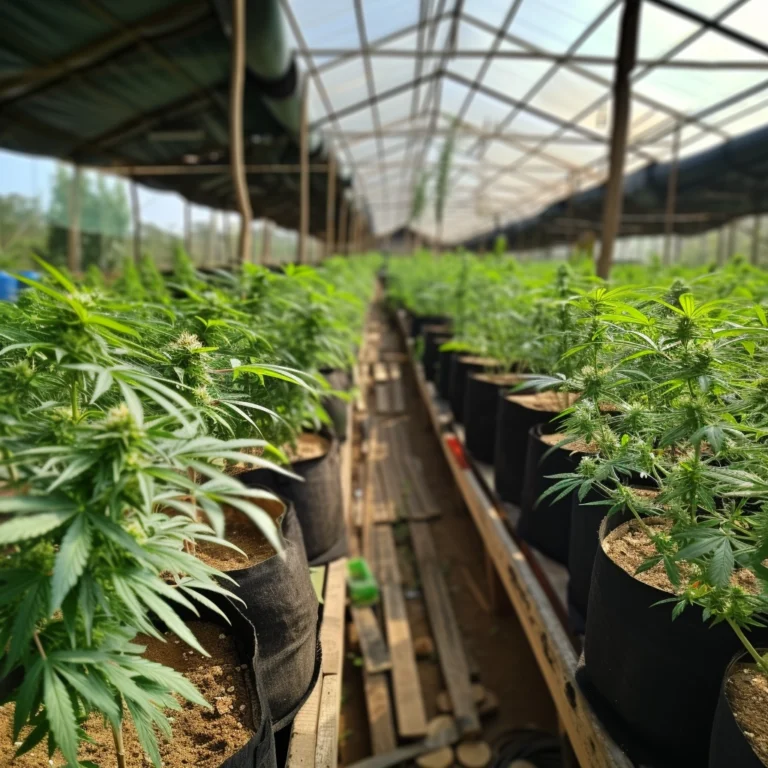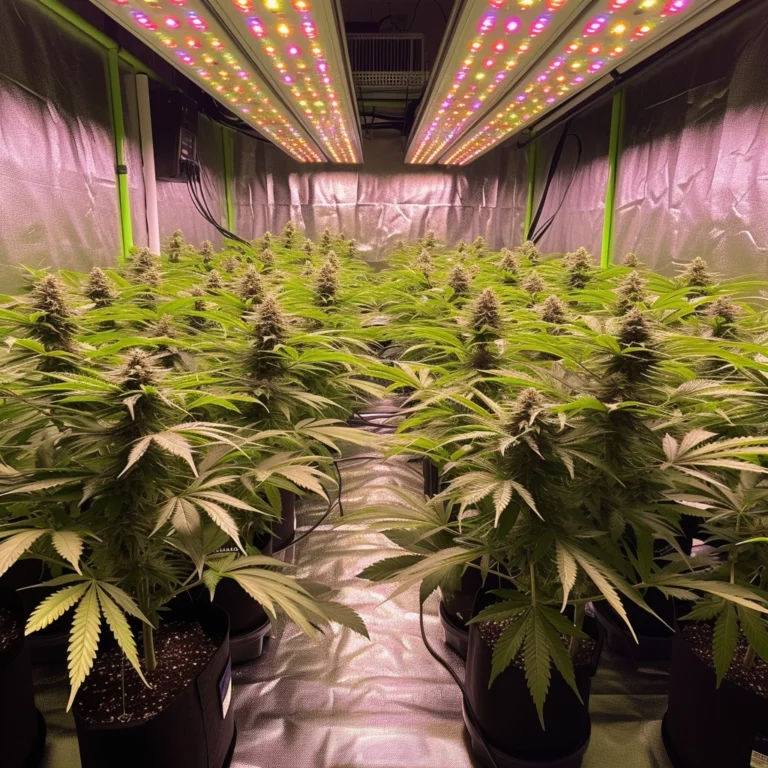The FCC Regulation Mandating Cannabis Service Licenses for Budtenders
In a move to elevate professionalism and standards within the cannabis industry, the Federal Cannabis Commission (FCC) has announced regulations requiring all budtenders to obtain a Cannabis Service License (CSL) by 2025. This groundbreaking regulation aims to ensure that budtenders possess the necessary knowledge, skills, and expertise to serve consumers responsibly and effectively. This article explores the benefits of the CSL requirement for both budtenders and dispensaries, highlighting the positive impact it will have on the industry as a whole.
Elevating Professionalism and Expertise: The Cannabis Service License sets a new standard for professionalism and expertise among budtenders. By completing comprehensive training programs and obtaining certification, budtenders demonstrate their commitment to excellence and their dedication to serving consumers with integrity and competence. The CSL covers essential topics such as responsible sales practices, product knowledge, cannabis laws and regulations, and safety protocols, equipping budtenders with the tools they need to excel in their roles.
Enhanced Consumer Experience: One of the primary benefits of requiring budtenders to hold a Cannabis Service License is the enhanced consumer experience it provides. CSL-certified budtenders are better equipped to provide accurate information and personalized recommendations to consumers, helping them make informed decisions about their cannabis purchases. This fosters trust and confidence among consumers, leading to increased satisfaction and loyalty to dispensaries that employ CSL-certified budtenders.
Improved Compliance and Risk Management: By mandating the Cannabis Service License for budtenders, the FCC reinforces compliance with regulatory requirements and mitigates risks associated with non-compliance. CSL-certified budtenders are well-versed in cannabis laws and regulations, ensuring that dispensaries operate within legal boundaries and avoid potential legal consequences. This proactive approach to compliance not only protects dispensaries from legal liabilities but also contributes to the overall legitimacy and credibility of the cannabis industry.
Reduced Turnover and Training Costs: Investing in CSL certification for budtenders can result in reduced turnover and training costs for dispensaries. CSL-certified budtenders are more likely to stay with their employers for the long term, as they are committed to advancing their careers within the industry. Additionally, dispensaries benefit from lower training costs, as CSL-certified budtenders require less onboarding and ongoing training compared to non-certified employees. This leads to greater stability and efficiency in dispensary operations, ultimately contributing to business success.
Positive Brand Reputation: Dispensaries that employ CSL-certified budtenders gain a competitive edge in the market and enhance their brand reputation as leaders in professionalism and quality. Consumers are increasingly discerning when choosing where to purchase cannabis products, and they are more likely to patronize dispensaries that prioritize education, compliance, and customer service. By investing in CSL certification for their budtenders, dispensaries position themselves as trusted partners in the cannabis community, attracting discerning consumers who value expertise and integrity.
Conclusion: The FCC regulation mandating Cannabis Service Licenses for budtenders by 2025 represents a significant step forward in elevating standards and professionalism within the cannabis industry. By requiring budtenders to obtain CSL certification, dispensaries benefit from enhanced consumer experiences, improved compliance and risk management, reduced turnover and training costs, and a positive brand reputation. Ultimately, the CSL requirement contributes to the growth and sustainability of the cannabis industry, paving the way for a future of excellence and integrity in cannabis retail.
